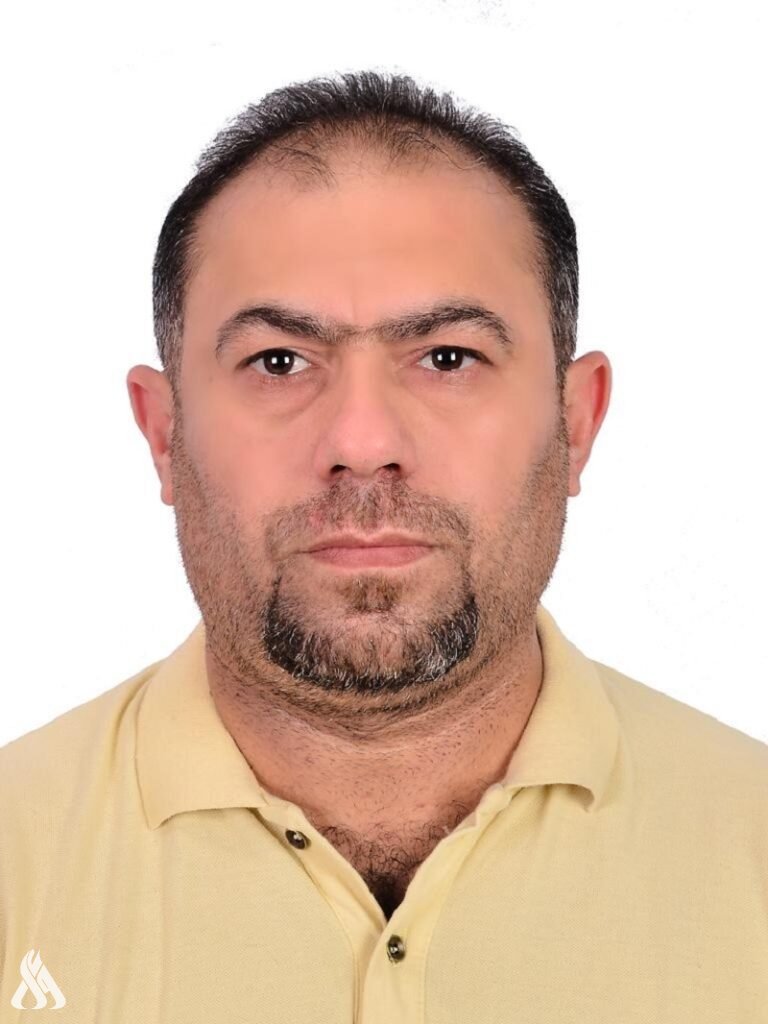
Adel Al-Sowairi
To receive more news, subscribe to our channel on Telegram
Today, the people of the world no longer trust the incomplete Israeli narratives regarding its crimes in Gaza. Today, these peoples have undergone something like a moral review of all the Zionist movement’s espouses, which have influenced many generations over the past decades.
The popular picture is now almost reversed, as the manifestations of global protest rejecting the brutal Israeli machine of oppression are increasing in scope across the world’s geography. But can we be certain that these protest demonstrations, and the emergence of symbols representing Palestinian popular heritage, and their wearing by protesters, have formed a new direction in the compass of public opinion? I believe that these mass protests, despite their loudness, remained within the circle of protests that represent the inauthentic face of Western democracy, and they cannot be considered a new direction in the compass of public opinion. This is because public opinion today is a handiwork of the decision-makers who actually control them, and who are distributed among institutions, research and study centers, television stations, and websites, all of which are supported by the official money of governments. This money directs public opinion however its owners want, who are an integral part of the lobbies that move thought in the direction they want. This is in addition to the close connection between the owners of global capital with governments, which usually do not care about the manifestations of their people’s protests, but rather leave them to say that they are democratic and allow their people to express their opinion regarding various issues, while in reality they work to maintain the momentum of their authority by focusing on the balance of power, which… Ensures that its interests are not disrupted. We see this clearly in the behavior of the Egyptian government, which did not allow humanitarian aid to enter Gaza, in light of the deteriorating humanitarian conditions of increasing cases of famine and the spread of diseases, in addition to the frightening percentage of martyrs among women and children, which statistics indicate exceeded 70%. Moreover, these protests were unable to pressure their governments to adopt alternative options and take serious positions towards demands to stop the war in Gaza, which are usually faced with an American veto, and this caused great embarrassment for countries demanding an official ceasefire, such as Brazil and South Africa. Although the resolutions of the United Nations Assembly are not binding; Michael Young, managing editor of the Carnegie Middle East Center, believes that “it has been able in recent months to constitute a moral counterweight to the crisis-ridden Security Council, a weight that reflects the opinion of the global majority.” This shamefully showed that a large number of countries are seeking a ceasefire, while the United States, Israel and their few allies continue to obstruct it.” However, Young believes that these attempts have begun to form what he called “moral weight” that reflects a trend of a global majority that wants to put an end to this. the war.


